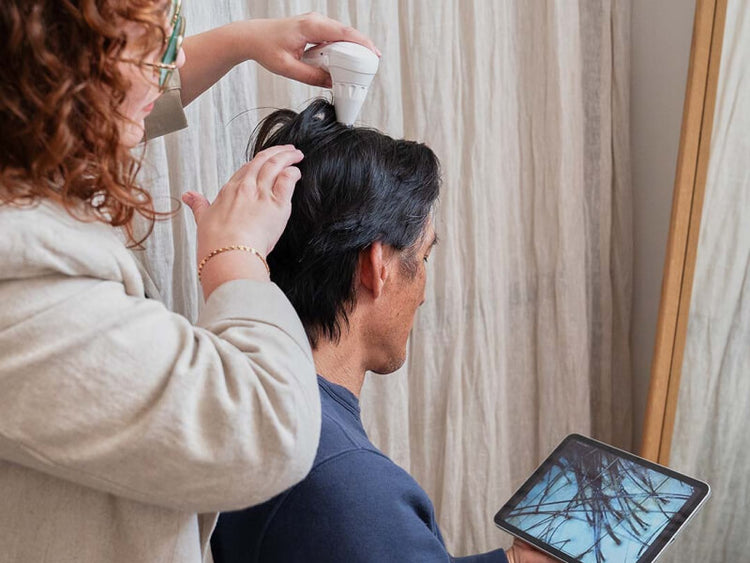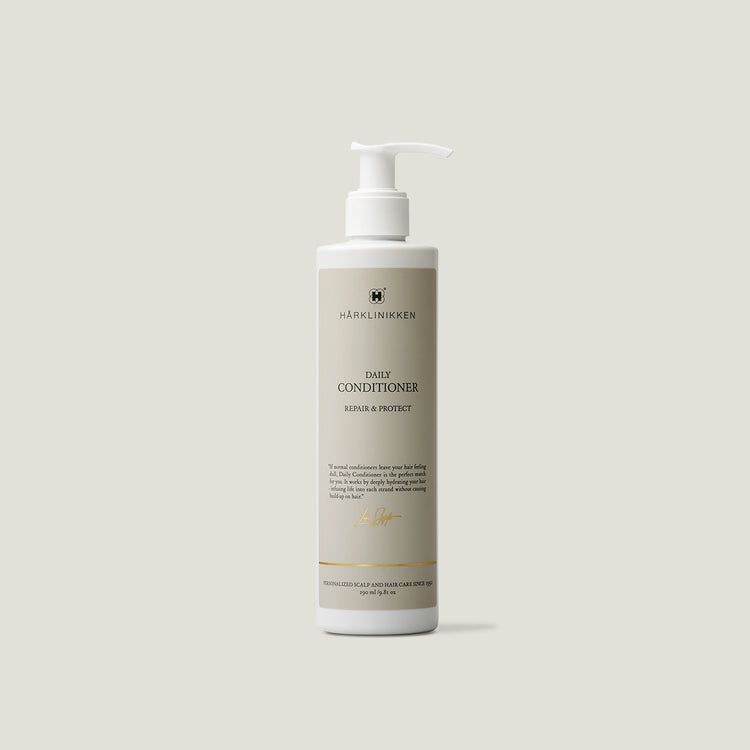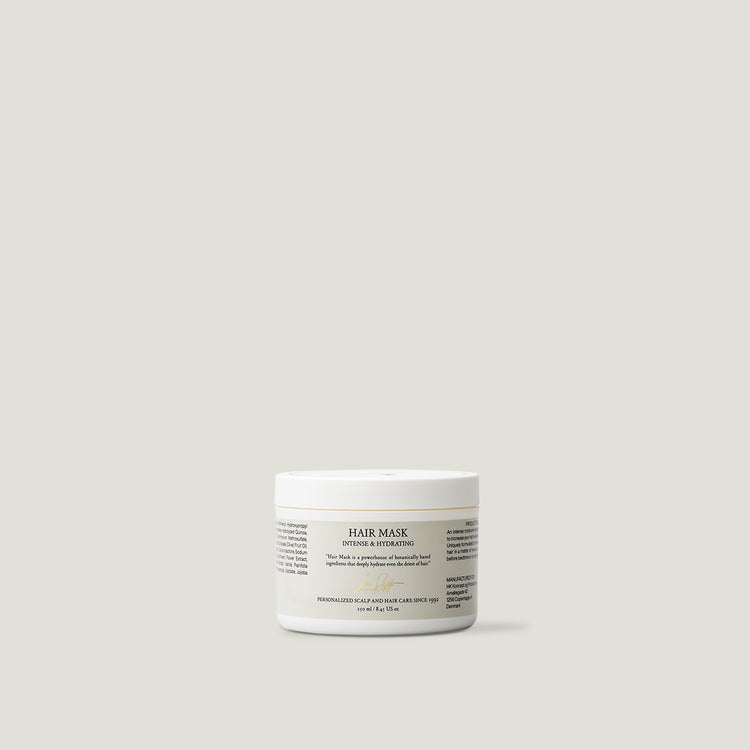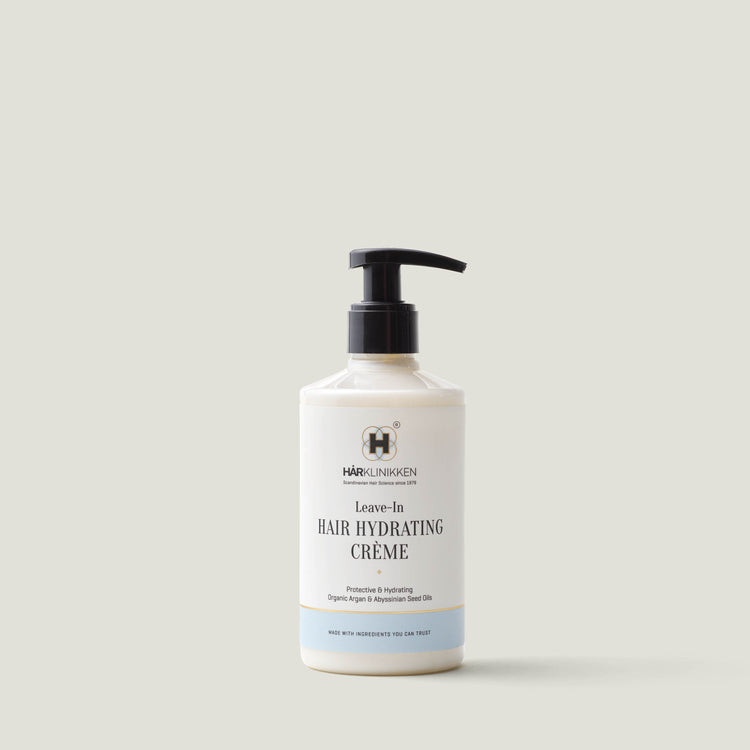Hair type, thickness, density, porosity – it seems like there are countless factors to consider when looking after your strands. But understanding your hair properly means knowing what it needs and how to treat it with care.
Porosity can seem a bit obscure or complicated at first, but we’re going to demystify it and explain why it matters.
What is hair porosity?
Hair porosity refers to the hair shaft’s ability to absorb and retain moisture. Each strand has an outer layer covered in cuticles that are like miniscule doors that open and close. When they are closed, moisture can’t get in. When they are open, it can. Ideally, they open to let moisture in and then close to seal it inside. These “doors” are different depending on your hair porosity level.
What are the different levels of hair porosity?
Hair porosity is typically broken down into three categories: low, medium, and high. Low-porosity hair refers to strands with cuticles that are tightly bound together, making it difficult for moisture to penetrate and be absorbed. This can make hair feel dry and brittle. Medium-porosity hair has a looser cuticle structure, making it easier for moisture to enter and be sealed into the shaft. High-porosity hair has a difficult time retaining moisture due to its wide-open cuticles. While moisture easily penetrates the hair shaft, it’s not sealed inside efficiently. This can make hair feel coarse or rough.
Why is it important to know your hair porosity?
Understanding your hair porosity will help guide you when choosing the right products and methods for healthy, hydrated hair. People with wavy, curly or coily hair should pay extra attention to their porosity level if they want to boost definition and decrease frizz.
How to test hair porosity:
A popular method for testing porosity is the water test. For the water test, take a strand of hair and place it in a glass of water for a few minutes. If the hair sinks to the bottom, it has high porosity. If it hovers in the middle, it has medium porosity. And if it remains floating on the surface, it has low porosity.
What kinds of hydration do different types of hair porosity require?
No matter the porosity level, all hair benefits from hydration – what varies is the method and frequency.
How to care for low-porosity hair:
When caring for low-porosity hair, using a hot towel while deeply conditioning with our Hair Mask will be beneficial to hydrating the lengths. The heat will temporarily raise the cuticles, allowing the moisture to enter before the cuticle closes again.
How to care for medium-porosity hair:
Since the cuticle is already raised for medium-porosity hair, no heat will be necessary when deep conditioning. At least twice a week, apply our Hair Mask to the lengths of your hair – preferably leaving it to work overnight.
How to care for high-porosity hair:
As for high-porosity hair, deep conditioning with our mask at least two to three times a week will be necessary to repair damaged cuticles and protect strands. No heat should be used during conditioning since the cuticle is already wide open and fragile.Along with deep conditioning treatments, people with all levels of hair porosity should routinely use a rinse-out and leave-in conditioner.
Does hair porosity affect wave and curl patterns or frizz?
Yes, hair porosity can greatly affect wave and curl patterns. Hydration is essential in maintaining a healthy cuticle and consistent waves, curls and coils. Locking in moisture also leads to more defined curls and less frizz.
Does hair porosity affect your risk of hair loss or thinning?
Hair porosity does not affect your risk of hair thinning. However, hair thinning can affect your hair porosity. As the hair thins, the cuticle becomes less intact and can no longer retain the optimal hydration levels. Therefore, hair strands can become frizzy, dry, and prone to breakage.
Our Products
Weightless Conditioner
Designed to dramatically improve the softness, manageability and smoothness of hair, Weightless Conditioner is a fantastic detangler. It provides intense residual hydration and leaves hair bouncy, nourished and tangle-free without the use of silicones that can lead to buildup and weigh down hair.
Daily Conditioner
Our Daily Conditioner provides reparative hydration that strengthens the hair’s barrier and improves its moisture retention. Free from silicones and mineral oils, it does this without coating the strands or leaving product buildup. Instead, it hydrates and moisturises with ingredients including avocado oil and aloe vera extract.
Hair Hydrating Crème
This leave-in conditioner can be applied to damp or dry hair. Plant actives help to dramatically improve hair’s texture, lustre and elasticity with frequent use. It also serves as an excellent heat protectant before blow-drying or using other hot styling tools.
Hair Mask
An intense moisture-boosting treatment designed to increase your hair's elasticity, softness, and lustre, our Hair Mask is a game-changer for dry, damaged and colour-treated hair. Uniquely formulated, it seals in moisture to hydrate, protect, and minimise damage.
Read more about the best methods and frequency for using hair masks here.

Unsure where to start?
We only accept candidates who we believe we can help, which is why our online Hair Assessment is the best place to start. Based on your results, you will either qualify for immediate treatment or we will organize a consultation.






